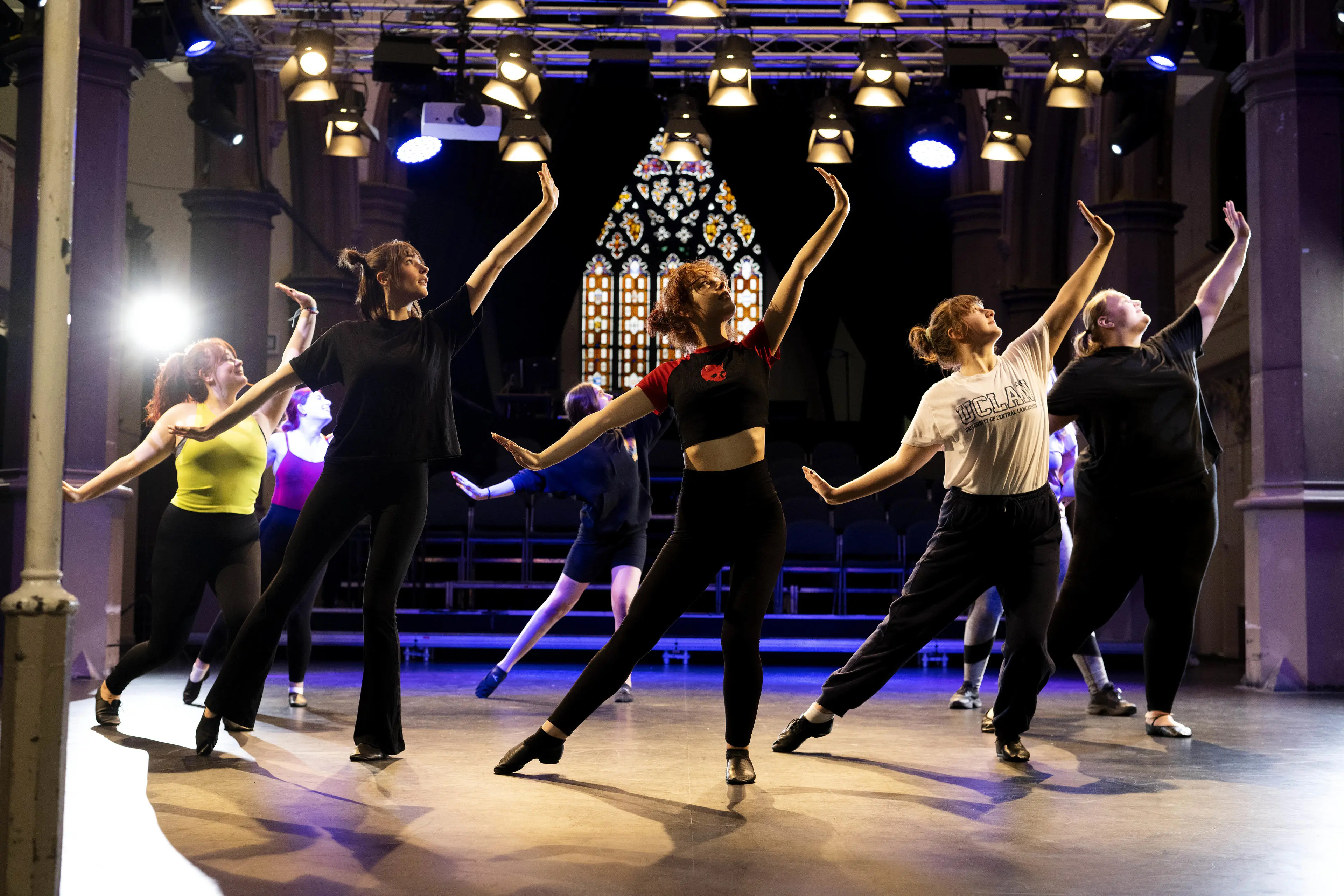It’s our great industry links and the opportunities to work on live briefs and client-based projects that we provide throughout degrees that make our students work-ready upon graduation.
Why study with us
- Work on live briefs and client-based work.
- Our performing arts courses (non-specific) are ranked 1st in the UK for teaching on the courses (National Student Survey, 2023) (compared with unis in the Guardian University Guide)
- Participate in employability events and boost your CV.
What can I do with a performing arts or music degree?
Acting graduates including Mandip Gill and Freddie Bolt have appeared as regular characters in two of the nation’s leading soaps. Music alumni go on to careers as artists, performers, composers, and engineers. Studying performing arts leads to careers in the West End and regional and overseas musical theatre. Work as actors or performers with touring companies, creative artists, and directors. Many graduates progress to teaching and working as independent dance artists. Behind the scenes operatives are in short supply. Specialist technicians in roles such as film, lighting and sound are in high demand.
Studying performing arts and music could lead to a future career as a:
- Professional actor
- Community arts worker
- Choreographer
- Dancer
Take the next step

Study a degree at UCLan
Interested in studying a degree with us? From exploring accommodation to visiting us at an Open Day, find out everything you need to know about life at UCLan.









